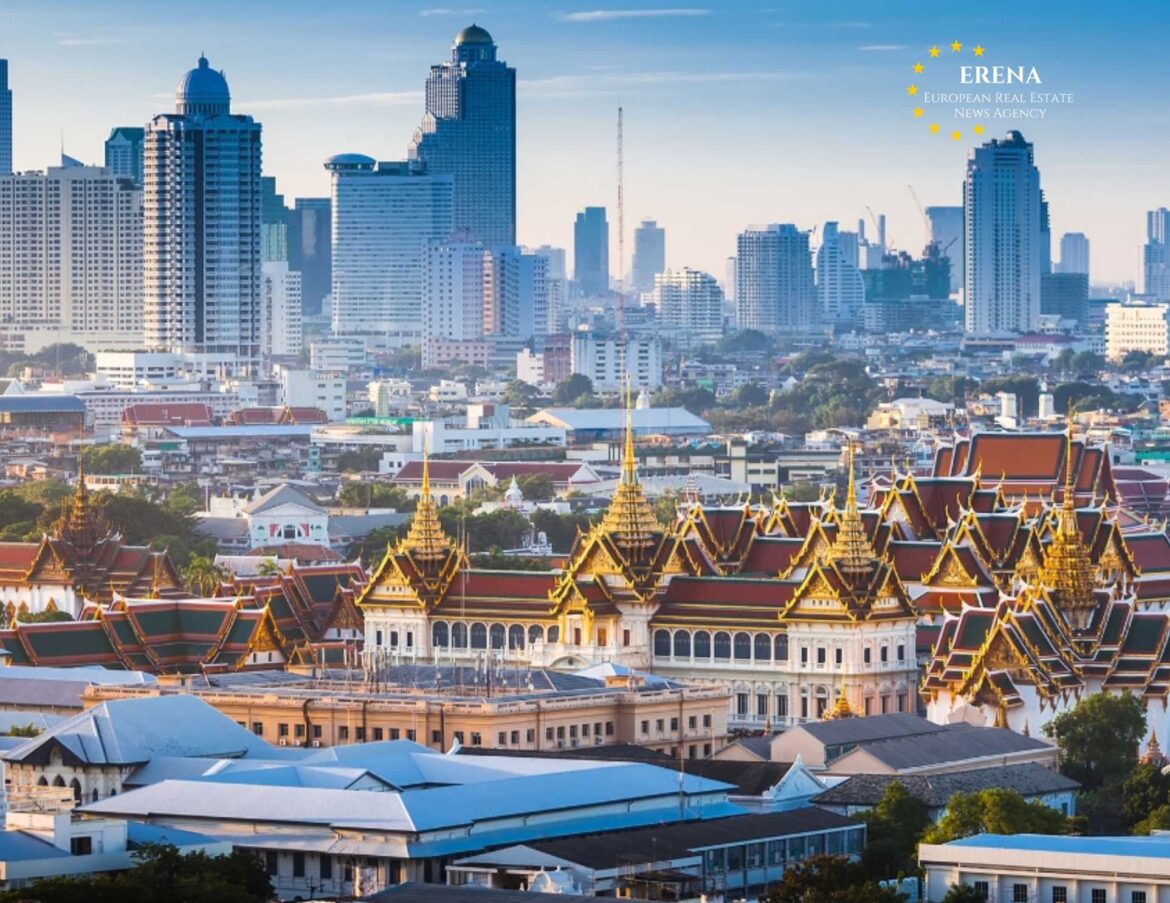Phuket’s skyline is set for transformation following a pivotal decision by Thailand’s Cabinet to lift a seven-year ban on hillside development. As of December 14, 2024, construction is once again permitted above 80 metres in elevation—ushering in a new era for the island’s high-end real estate market.
What the New Rules Allow
The ban, first imposed in 2017 to prevent landslides, deforestation, and unchecked hillside sprawl, had barred most development on elevated land. Under the updated framework, construction is now permitted in designated “Zone 6” areas, with key limitations in place:
- Only one building per land plot
- Maximum structure height: 6 metres
- Building footprint limited to 90 m²
- At least 70% of the land must remain undeveloped (half of which must be natural, unpaved green space)
- Mandatory environmental impact assessments (EIAs)
The policy excludes coastal areas, the Nakkerd Hills, and dense urban zones like Phuket Town. It applies only to plots with land titles issued before 2017.
Hilltop Land Prices Surge
The announcement has sparked a sharp rise in land prices across the island’s elevated regions, especially in and around Patong:
| Location | Land Price (per rai) | EUR Equivalent |
|---|---|---|
| Patong (central) | THB 150M–200M | €3.85M–€5.1M |
| Patong (outskirts) | THB 6M–8M | €154K–€205K |
Luxury developers are already exploring opportunities to build private villas, resort enclaves, and wellness retreats with sweeping views over the Andaman Sea.
Investment Boom, Environmental Risks
While the policy unlocks new investment potential, it comes with clear sustainability requirements. Developers must avoid altering the natural terrain, manage stormwater runoff, and protect biodiversity.
Recent controversies serve as cautionary tales. A hillside project on Soi Patak 12 in Karon was suspended due to landslide risks and resident complaints about disrupted natural drainage. Officials warn that environmental compliance will be closely monitored.
Mixed Reactions from Locals and Activists
Local authorities hope the regulation will boost economic development and tourism appeal. However, environmental groups remain concerned about increased flooding and erosion, especially during Phuket’s intense monsoon season.
Calls are growing for real-time oversight and strict enforcement of environmental regulations to ensure long-term ecological balance.
A Defining Shift in Phuket’s Urban Landscape
Phuket’s decision marks a high-stakes evolution in Thailand’s real estate planning. With luxury plots now legally accessible in some of the island’s most desirable locations, demand is expected to rise sharply.
Yet success will depend not just on market appetite, but on how well the island can reconcile development ambitions with environmental resilience—setting the stage for what could become a model for sustainable highland real estate in Southeast Asia.

